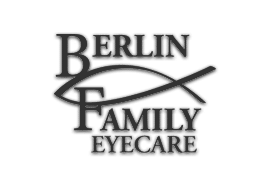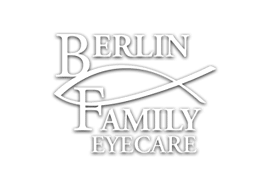The inner workings of the human eye are complex, but at the same time, fascinating. The eye is easy to understand, if you think of it as a camera. When you take a picture, the les in the front of the camera allows light through, and focuses that light on the film. When the light hits the film, a picture is taken. The eye works in much the same way. In a healthy eye, the lens is clear, and allows light to pass through. Light is focused by the cornea and lens, onto a thin layer of tissue called the retina. The retina works like the film in a camera. When light hits the retina, tiny cells collect the light signals, and convert them into electrical signals, which are then sent through the optic nerve, and to the brain, where they are processed into the images we see.
Caring for your eyesight begins with the complete eye examinations. Complete eye exams are about more than just testing your vision, it’s a full check-up for your eyes. Many eye care problems can develop over long periods of time, without symptoms, and can irreversibly damage your vision. Regularly scheduled complete eye exams are the best way to detect such conditions early, and address them before they develop into more serious problems. Most adults should have a complete eye exam every one to two years. Children should receive complete eye exams regularly as they grow to detect and treat eye conditions that can affect their progress in school. Patients who are at a higher risk for certain conditions, such as diabetes, a family history of glaucoma, and those over the age of 40, should have exams more frequently, as recommended by their eye doctor. Remember that caring for your eyesight begins with complete eye examinations. They are the best way to detect eye conditions early, and address them before they develp into more severe problems.
Caring for your eyesight begins with having regular eye examinations, performed by an eye care professional.Routine eye exams are painless, and can detect the early signs of many preventable, and treatable eye conditions. These exams may also detect broader health conditions, such as hypertension or diabetes, that can affect your vision over time. During an exam, your eye care professional will ask you about yourmedical history, and if you are experiencing any vision problems. A vision test is performed to see if you may benefit from glasses or contact lenses, or to determine if your prescription has changed. Advanced instruments are used to examine the outside and inside of your eyes. This examination will help your eye care professional check for common eye diseases, assess how your eyes work together as a team, and evaluate your eyes as an indicator of your overall health. It’s important to understand that only an Optometrist or Ophthamologist can provide a comprehensive eye exam. Family physicians and pediatricians are not fully trained eye care profesesionals, and they can miss important vision problems that may require treatment. So whether you’re experiencing eye problems, or not, regular eye exams are important for perserving hour vision for life.

